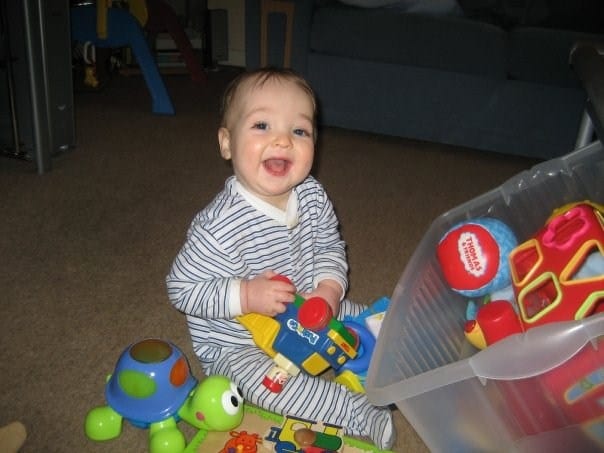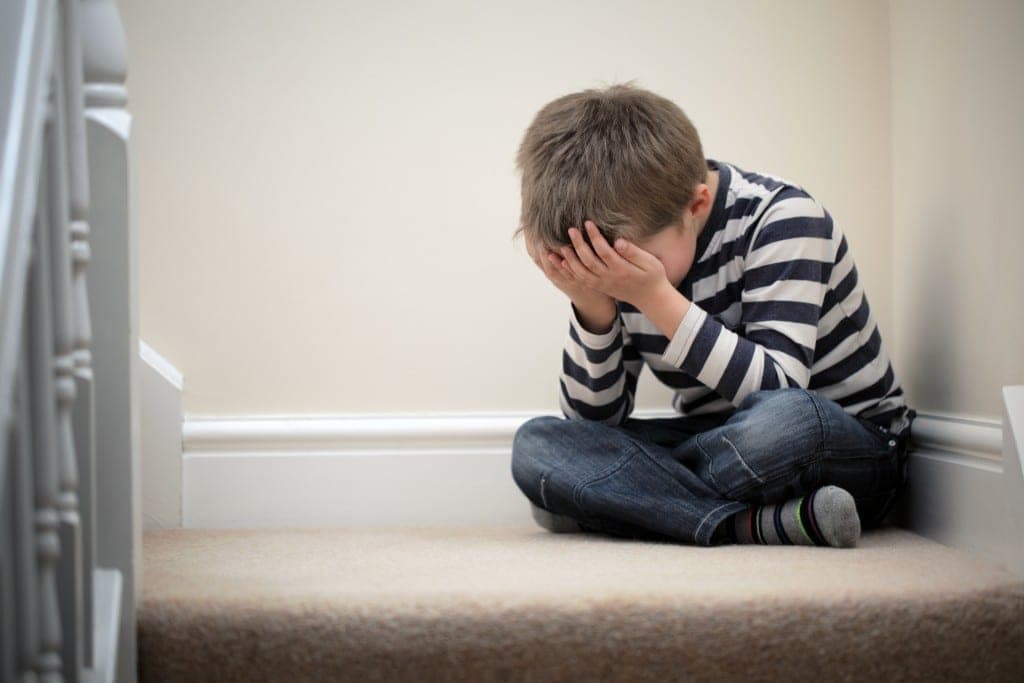Whether it’s our cling-on toddler that doesn’t want to separate to go to daycare; or our primary schooler with tummy pains most mornings or tears in the afternoon, most of us have or will experience a child that is stressed. So how do we help our children cope with big emotions and become more resilient?
A starting point is to try and understand what is going on for your child, from their perspective. It won’t necessarily make sense to you and may be far from rational or logical however, it is their reality and that is what you need to deal with. Acting out, in whatever form, is simply an inability by your child to understand; articulate; process or cope with the emotions they are feeling.
For our littlest people, learning to separate from their primary carers is a big deal. Until now they have not had or experienced a separate identity or sense of self. They experience life how you sometimes feel it – like they are your spare appendage! So to be suddenly removed from the safety, comfort and familiarity of that can be a rude and scary shock! Add to this, the anxiety of new surroundings and no concept of when or if you will return and it is perhaps little wonder that your little one has fallen to pieces.
Some tips for coping for parents
You can help manage the separation distress by remaining calm, relaxed and reassuring. Falling apart through your own anxiety, mummy guilt, frustration etc will only add to the chaos of emotions they are feeling. It is important that you display good role modelling by not becoming overwhelmed yourself. This is your opportunity to find a balance between acknowledging your child’s emotions and providing comfort and support to them and equipping them to manage their own feelings in time.
Some tips for coping for kids

It will help both of you to have some trial runs. You can start really early by playing games like peekaboo or, especially, hide and seek. Build on this with mini separations where you can introduce your own special good-bye ritual. This could be something you say, together with a hug, butterfly kiss, high five, funny face or “secret” code that only the two of you know. By keeping farewells the same each time, you create a familiar transition from being with you to being without you. You might even use a comfort toy, photo or other symbolic thing to assist with the “apart” time. Whatever you decide on, keep it short and sweet. The longer you linger, the more time for anxiety to build.
Playing appropriate games can help
Now start off by going into another room (how about the toilet!?), pop back in, and praise your child for not falling apart. Then gradually increase the time between your exits and entrances. Your goal is to give your child coping skills, and these little practice runs help. You might even try reversing roles and let your little one be the “parent” and head off.
From here introduce time with a trusted third party. Start with a short period that builds trust and confidence and gradually extend the “away” time. If your child has had these experiences, a transition to daycare or school should be a natural extension.
Introduce the new environment
Even so, you should prepare your child by visiting their daycare or their new school before they are scheduled to start. If you can, have a few short sessions and build up the time. Be sure to talk to your child about what they can expect – make it as upbeat as possible, without giving unrealistic expectations.
Many daycares or early educators will have activities ready to go. This can be a great distraction for your child, whether you start the activity with them or have them ready to start it after your good-bye ritual. Do not ever just sneak out without saying good-bye as you will reinforce your child’s mistrust and anxiety. When it’s time to go, say so. If your child becomes upset, respond and comfort them, without being trapped in a prolonged and emotional farewell. The biggest thing is to acknowledge how they are feeling. “I know you are sad that mummy/daddy has to go. I miss you too but we’ll see each other again after work/nap time. Right now I have to go.” Use your ritual. Stick to it, then leave.
Back together again
When it’s time to pick your child up, be sure to give them your focused attention. It is easy to be distracted by speaking with carers/teachers or collecting notes and belongings but it is important to spend extra time with your child to reconnect again. You might bring a favourite toy or something from home to help give your child a feeling of security and familiarity. Anticipate hunger or tiredness at the end of the day. You know yourself your ability to cope is reduced when you are hangry or fatigued – your little one is currently less resilient than you are so have healthy snacks/treats on the ready and allow for quiet time (or conversely some might need active time) when you get home.
Talk with your child about their day and what they enjoyed. Try and use open questions to engage them and show genuine interest in their artwork / stories etc. Be careful not to overwhelm your child however with a barrage of questions as soon as you pick them up. Some children will melt down at that point simply because they have been bottling in and trying to process emotions all day and being back with a parent (their “safe” place), they can simply unravel. For these children it is often best to give them some wind down time and perhaps chats about everyone’s day can become part of the family’s dinner time ritual.

